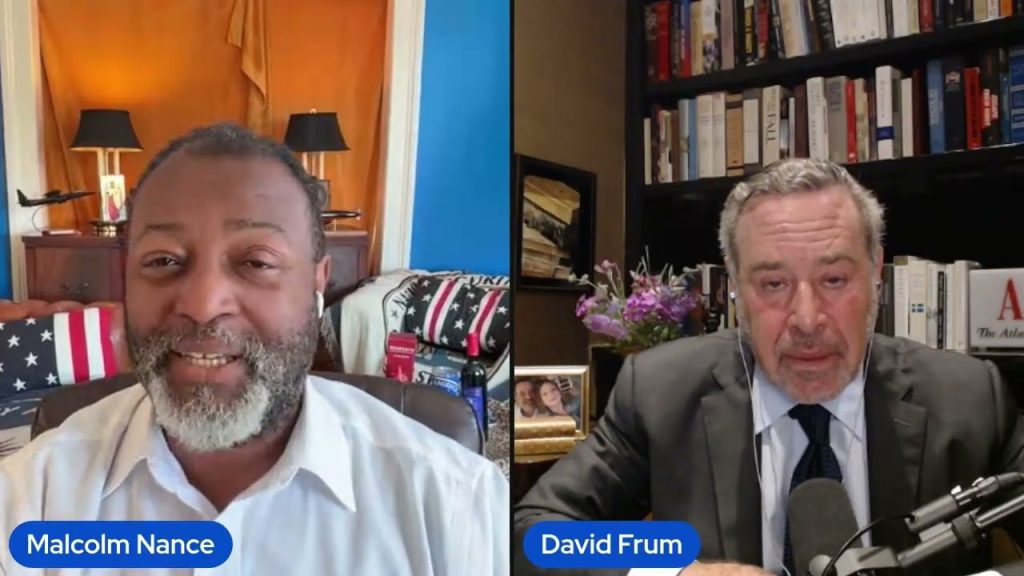In a recent discussion featuring political commentator David Frum, the complex relationship between the United States and Venezuela takes center stage, probing the question of whether military engagement could be on the horizon. Frum, a former speechwriter for President George W. Bush and a prominent author, draws parallels to America’s historical military engagements and emphasizes the implications of current geopolitical tensions.
Frum begins by reflecting on his experiences in Washington, D.C., immediately following the September 11 attacks. He recounts the emotional atmosphere of unity and appreciation for the National Guard, who were deployed to protect the nation. This heroic image of military personnel highlights a key contrast with today’s climate. Frum argues that while citizens previously expressed gratitude toward military forces for their service, the relationship now feels strained, particularly in the context of potential military action against Venezuela.
Venezuela has been engulfed in political turmoil and economic decline for years, resulting in a humanitarian crisis that has displaced millions of its citizens. The U.S. government, led by various administrations, has taken a keen interest in the situation, implementing sanctions against its current regime, led by President Nicolás Maduro. As discussions intensify about the U.S.’s role in Venezuela, Frum’s insights prompt critical questions about the morality and practicality of military intervention.
Frum’s commentary deepens as he addresses the notion of “ultimate forms of violence” that the military is prepared to undertake, underscoring that such measures should only be invoked in service of national defense and in response to clear and present dangers. In his view, the growing tension with Venezuela, while serious, also requires a nuanced understanding of the motivations behind such a move. He suggests that America’s traditional mission to protect freedom and democracy abroad does not always justify military engagement, particularly when the situation may be more complex than a binary “good versus evil” narrative.
One of the major concerns Frum raises is the risk of escalating conflicts when involving military forces, especially in a region that has seen its share of U.S. interventions with mixed results. He cautions against repeating the mistakes of the past, invoking memories of conflicts in Iraq and Afghanistan, where objectives became muddled over time, often leading to prolonged and tragic consequences. This historical context serves as a cautionary tale, reminding viewers of the complexities entailed in military operations and the necessity for clearly defined goals when considering action against a foreign nation.
With tensions mounting and the situation in Venezuela critically deteriorating, the U.S. finds itself at a crossroads. The Biden administration, like its predecessors, must navigate a difficult path—balancing the urgent need for humanitarian aid with the potential repercussions of military action. Frum’s analysis encourages policymakers and citizens alike to reflect on the moral implications of their choices and the long-term consequences that military engagements can have on both nations.
As dialogue continues to unfold, Frum emphasizes the need for a comprehensive understanding of the Venezuela crisis, highlighting the importance of diplomatic solutions and international collaboration. While the prospect of direct military involvement remains a hot-button issue, it is clear that the U.S. must tread carefully, ensuring that national interests align with ethical considerations in their approach to foreign intervention.
As the world watches, the question looms large: Are we on the brink of war with Venezuela, or can diplomatic efforts pave the way toward a more peaceful resolution?



